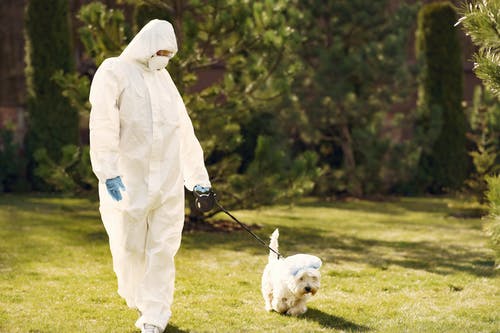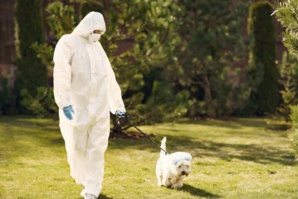Dailycsr.com – 31 May 2020 – The Vice-president of corporate innovation, research and development as well as societal engagement along with the executive director Bayer Foundation, Monika Lessl said:
“The COVID-19 pandemic has disrupted how we work, live, and behave. As the pandemic was expanding, so was the importance of science. Suddenly, I saw researchers and medical experts in the spotlight and playing crucial roles in political decision-making”.
Countries like Japan, South Korea and Taiwan were swift in taking “scientists’ recommendations” into decision making. As result, they collected “extensive data” following “testing and contact tracing”. Similarly, Germany also turned to experts’ opinion and were quite successful so far in managing the crisis. According to a recent poll the trust on research and science has shown a significant rise as we continue to battle the pandemic situation.
Nevertheless, as the crisis builds up so does “fear, impatience and anger” whereby leaving us at the risk of “losing the momentum and leaving the path of evidence-based decision-making”. Furthermore, Monika Lessl added:
“As a scientist, I am convinced that science is the basis for future progress and the best guide to overcome our current planetary challenges, such as the current COVID-19 pandemic or climate change. However, much is still to be learned on how to best engage in a dialogue with society that respects the emotions eminent to a crisis - like fear and anger - while still using scientific reasoning for decision-making”.
However, Lessl proudly reveals that at Bayer they support “Harvard Data Science Initiative”, in short HDSI, research fund which evaluated the “impact of scientific communications on trust in science and evidence-based decision-making”. The focus is on the ongoing COVID-19 pandemic, while the researchers of HDSI are gathering data on people’s response towards science through the ongoing “global health crisis”. While, the final aim is to translate these data into “actionable insights” so as to fortify the role that science plays in “helping society to overcome our current and future planetary challenges”.
References:
3blmedia.com
“The COVID-19 pandemic has disrupted how we work, live, and behave. As the pandemic was expanding, so was the importance of science. Suddenly, I saw researchers and medical experts in the spotlight and playing crucial roles in political decision-making”.
Countries like Japan, South Korea and Taiwan were swift in taking “scientists’ recommendations” into decision making. As result, they collected “extensive data” following “testing and contact tracing”. Similarly, Germany also turned to experts’ opinion and were quite successful so far in managing the crisis. According to a recent poll the trust on research and science has shown a significant rise as we continue to battle the pandemic situation.
Nevertheless, as the crisis builds up so does “fear, impatience and anger” whereby leaving us at the risk of “losing the momentum and leaving the path of evidence-based decision-making”. Furthermore, Monika Lessl added:
“As a scientist, I am convinced that science is the basis for future progress and the best guide to overcome our current planetary challenges, such as the current COVID-19 pandemic or climate change. However, much is still to be learned on how to best engage in a dialogue with society that respects the emotions eminent to a crisis - like fear and anger - while still using scientific reasoning for decision-making”.
However, Lessl proudly reveals that at Bayer they support “Harvard Data Science Initiative”, in short HDSI, research fund which evaluated the “impact of scientific communications on trust in science and evidence-based decision-making”. The focus is on the ongoing COVID-19 pandemic, while the researchers of HDSI are gathering data on people’s response towards science through the ongoing “global health crisis”. While, the final aim is to translate these data into “actionable insights” so as to fortify the role that science plays in “helping society to overcome our current and future planetary challenges”.
References:
3blmedia.com


 How Is COVID-19 Impacting Society And Science?
How Is COVID-19 Impacting Society And Science?





 Companies
Companies